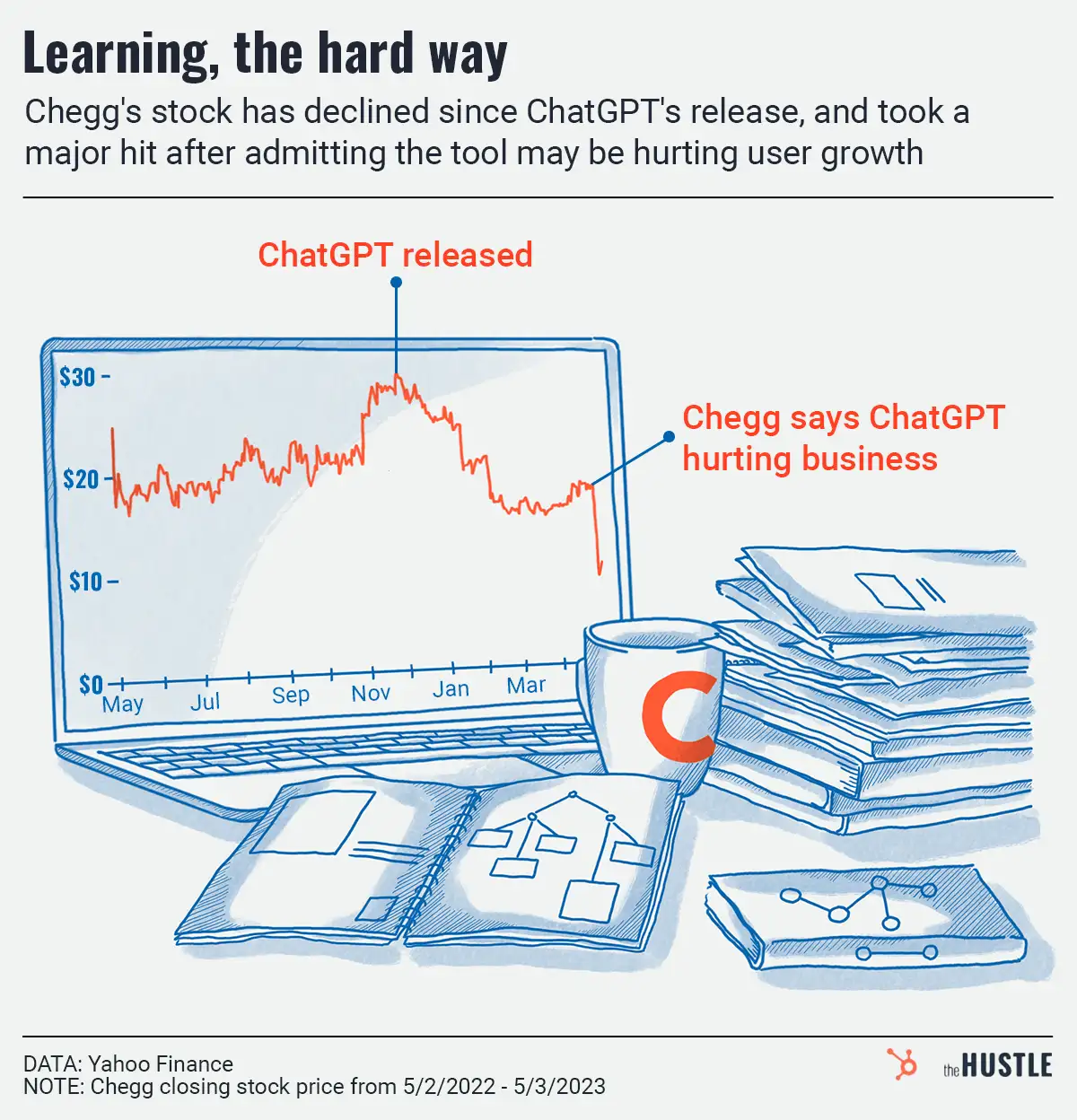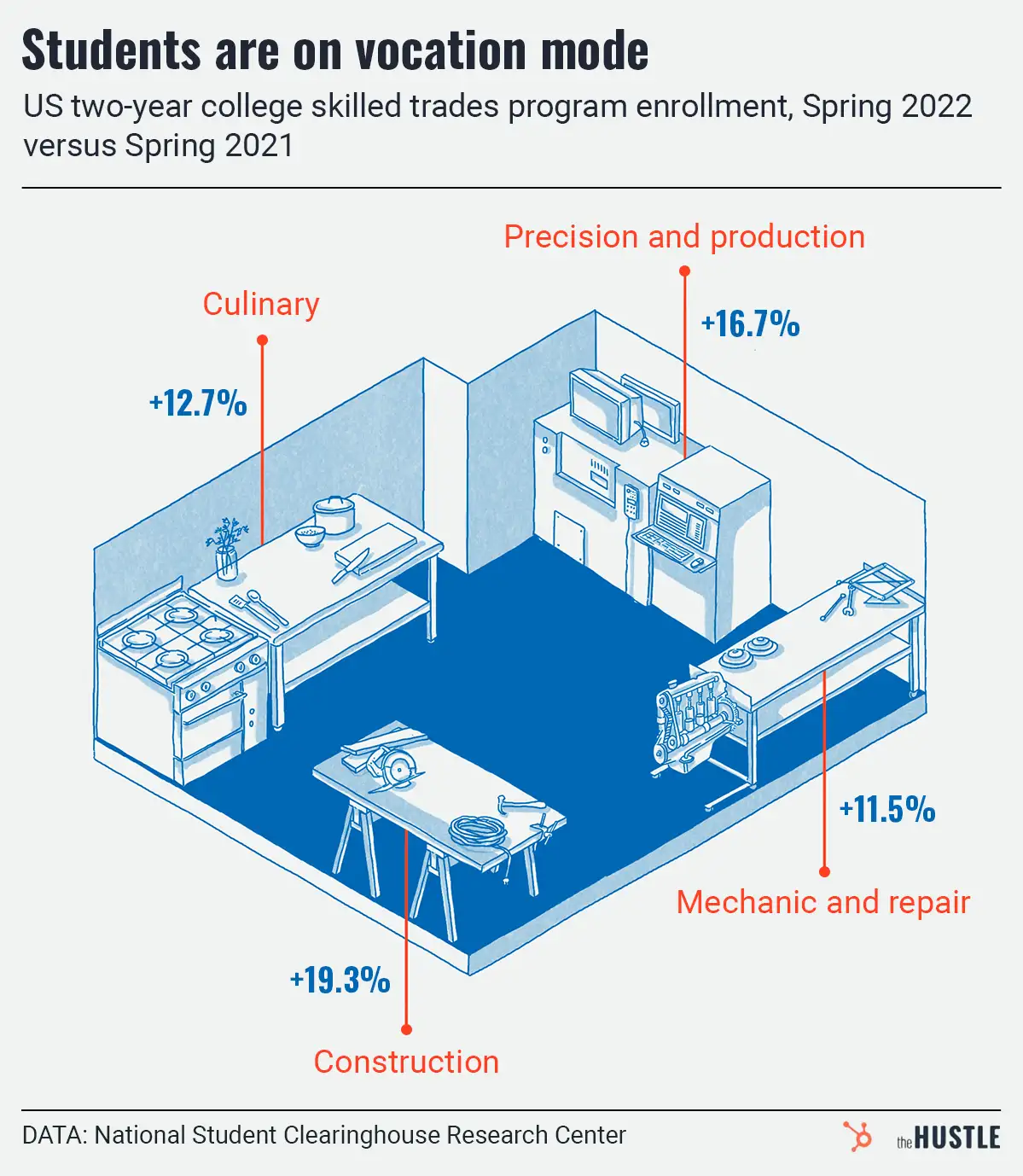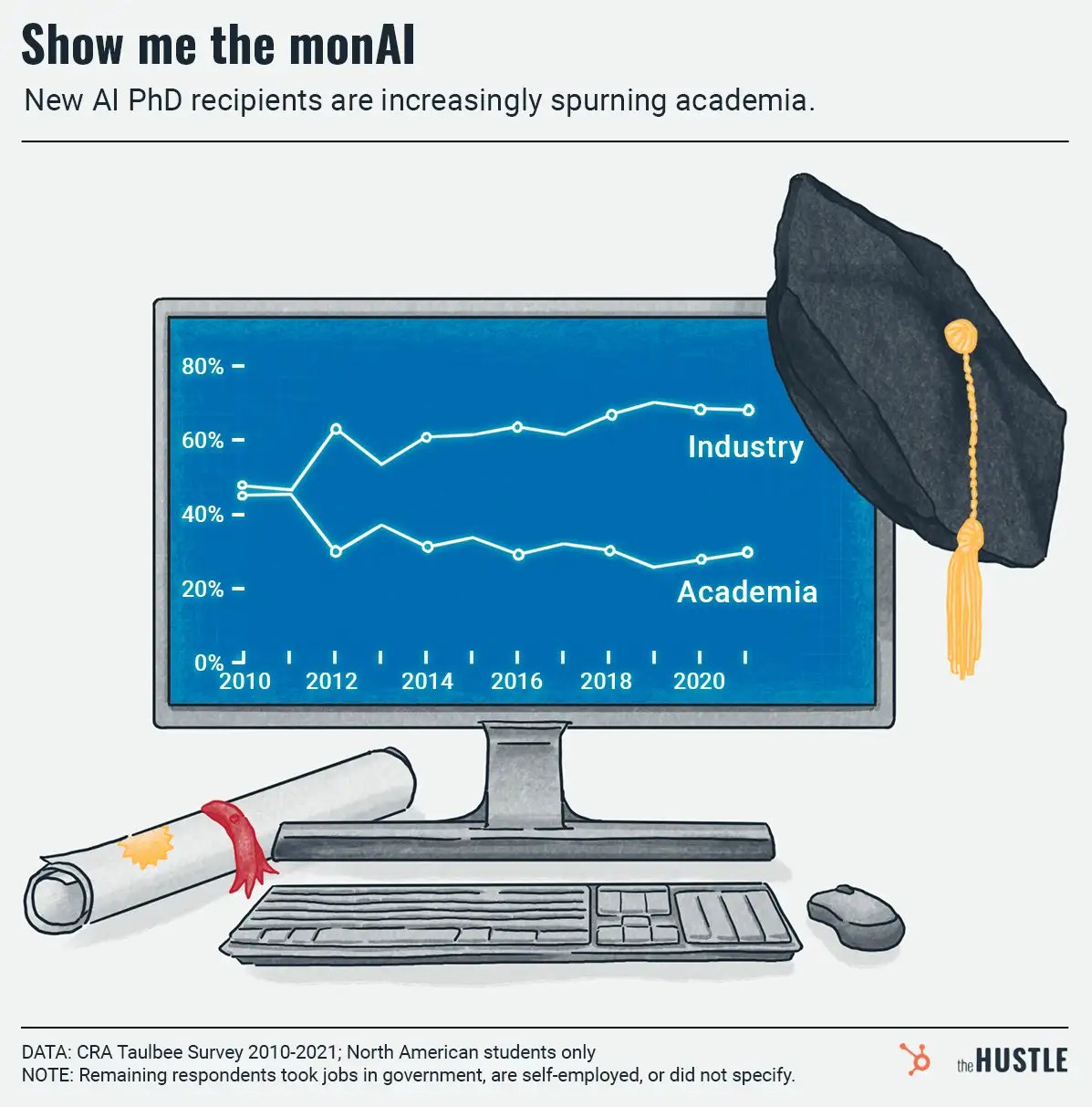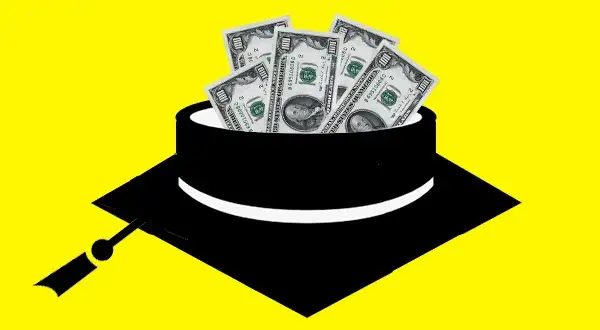After a 42-month freeze, interest on federal student loans will begin accruing again today following Congress’ vote in May.
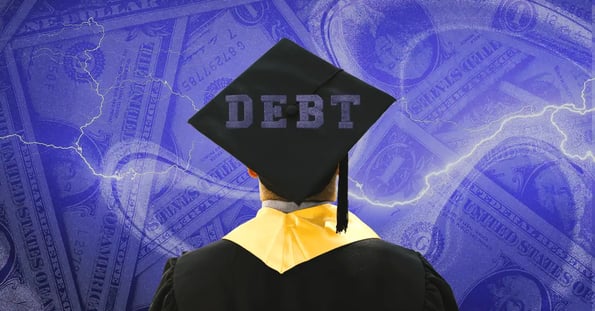
The pause, which was instituted in March 2020 as a form of pandemic relief and has been extended 8x, affects ~44m borrowers who owe an average of ~$38k.
When the pandemic hit, the Department of Education automatically paused loan payments and suspended interest, saving borrowers a combined $5B per month.
Along with resuming interest accrual today, payments are set to restart in October. (The exact date will vary by borrower.)
The change has left many in the lurch
- Millions of borrowers graduated during the pandemic, making this their first experience with repayments.
- Changes to repayment plans from the Biden administration, while helpful for some borrowers, have added complexity to the process.
- Four in 10 borrowers’ loans were transferred to a new service during the pause, and many are receiving payment schedules via email from providers they’re unfamiliar with.
The biggest issue: Only half of borrowers know how much they’ll owe when payments start back up.
The confusion has led to long wait times and dropped calls for many when trying to reach loan representatives.
This is no pocket change
Student loan debt is the second-biggest consumer debt category (following mortgages) and it’s approaching $1.8T, of which 93% is federal debt.
Plus, inflation has driven up housing and food costs since 2020, making the average debt payment of ~$500 an even bigger burden than before.
This has real economic repercussions
- Student debt accounts for an estimated 20% of the decline in homeownership for young adults.
- Borrowers contribute 6% less, on average, to retirement savings than those without student debt.
- For every 1% increase of a consumer’s debt-to-income ratio, their consumption declines by up to 3.7%.
Some experts predict that consumer spending could drop $27B per quarter, and that certain industries — such as ecommerce, retail, and hospitality — will be especially hard-hit.
The silver lining? More companies are offering student loan repayment benefits to attract top talent.
bc75.jpg)





